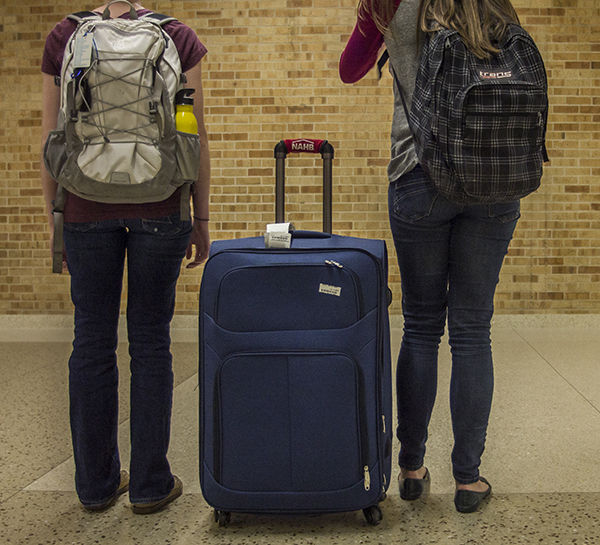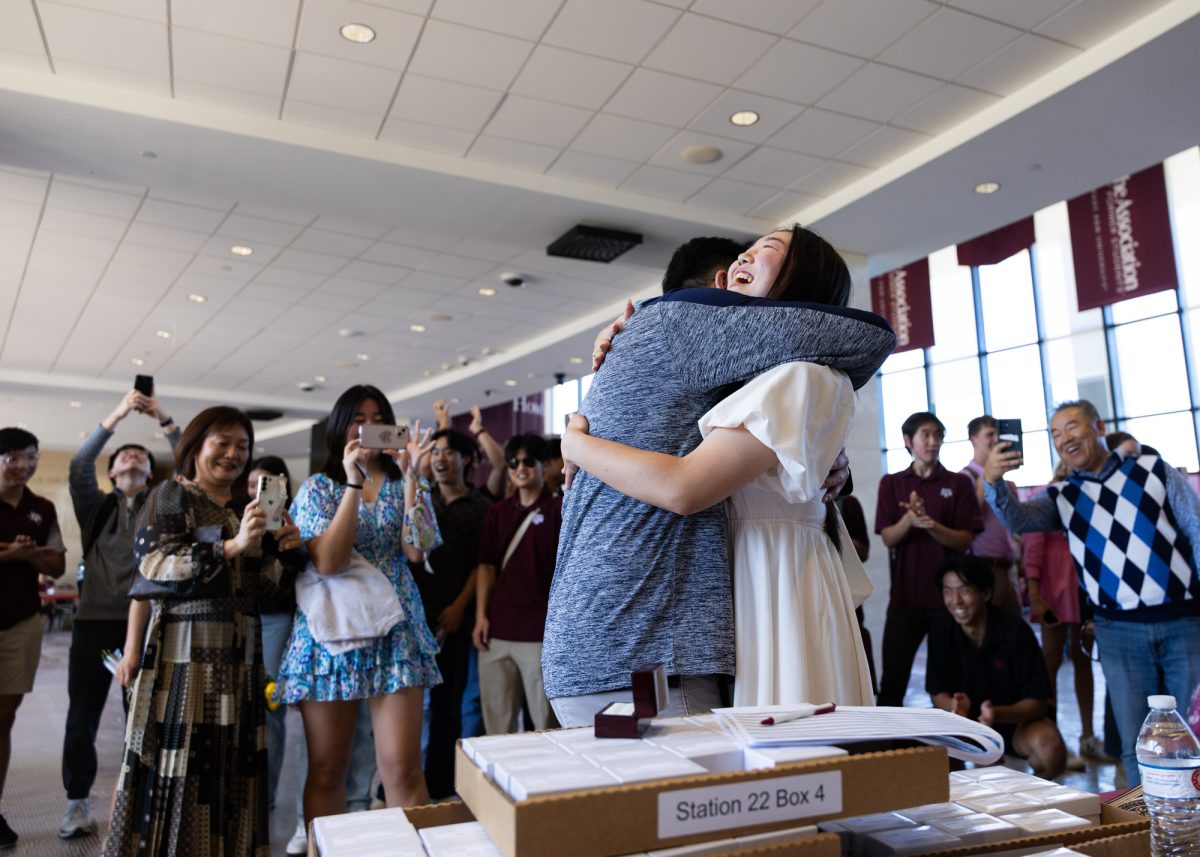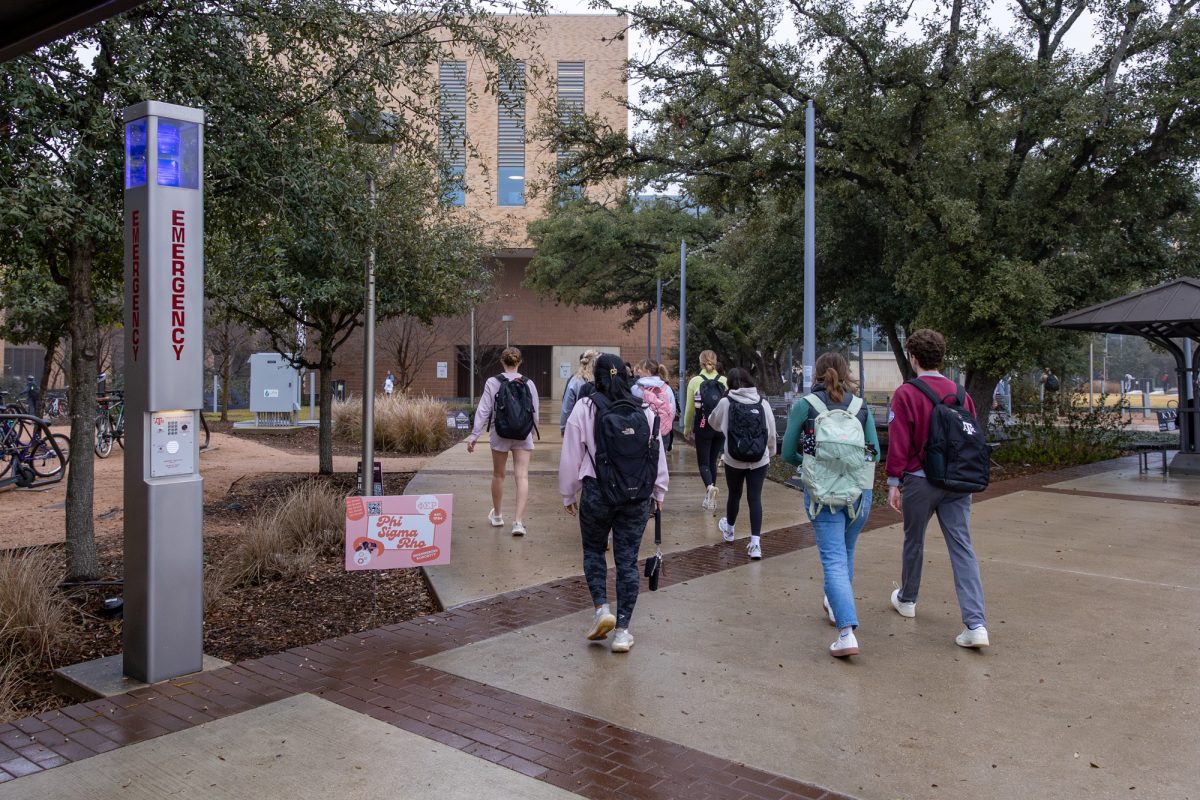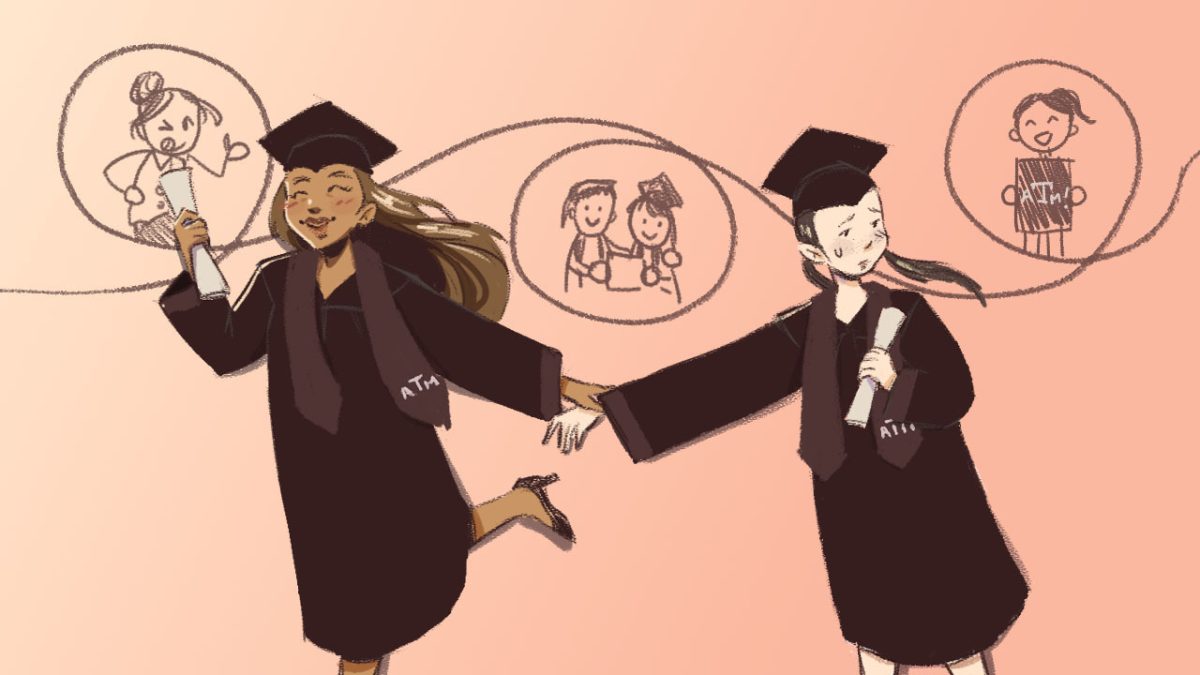Growing up, the idea of mission trips always made me uncomfortable. As a non-Christian, the purpose of convincing others to convert to your own faith puzzled me. Even after I learned that mission trips also involved service work, I found photos of wealthy Americans surrounded by foreign children, smiling as if flaunting their “good will,” to be deeply disturbing.
Though it was all very strange to me, I never vocalized how I felt because I didn’t want to offend anyone. However, it has recently become clear that we should all be rethinking the idea of mission trips. This past summer, a Virginian woman named Renee Bach was sued for killing hundreds of Ugandan children while attempting to treat them without a medical license. Bach’s case is certainly an extreme and uncommon one, but it is a clear example of a recurring and toxic notion often found in upper-middle class white Americans: the idea that they were compelled by God to “save” a group of desperate children who are just waiting for their “hero” to come along.
To be clear, this article isn’t meant to be a personal attack on anyone. I simply want people to rethink their idea of service in light of these three truths: mission trips are an ongoing product of European colonialism, foreign workers in the humanitarian aid sector are often paid more than local workers and there is a fast growing missionary-industrial complex in the U.S.
After reading about Bach’s case, I began to research mission trips and found Ugandan and Kenyan activists educating others about the cultural and physical harm mission trips can cause. According to advice I have read from groups such as No White Saviors, before you consider volunteering abroad, you should ask yourself these questions:
Would you still go if you couldn’t post pictures?
Your knee-jerk reaction may be to say, “Of course I still would!” However, if a part of you is romanticizing the thought of photos you’re going to add to your feed with a heartfelt caption, you are likely going more for yourself than out of the kindness in your heart.
Are these problems present in your own country, state or town?
There is no reason to fly across continents or oceans to solve problems that you could help fix locally. Issues like poverty, malnutrition, improper access to education and homelessness are prevalent in the U.S. If you feel the need to go abroad to make a difference, you likely have no intention of actually helping, but rather, you just want a sense of heroism.
Do you actually possess the knowledge and skills needed to make a positive impact without being in the way or causing harm?
The majority of mission trips are taken by high school and college-age students who possess no professional skills. If you wouldn’t let amateurs build houses or educate children in America, why is it acceptable in foreign countries? The time, money and effort spent on training volunteers could be better used gathering resources for the local community or training workers for a full-time job, who will have a larger impact than a missionary who will leave in a few weeks. Sometimes the best way to help is to simply let the professionals do their work rather than getting involved, which would also prevent future incidents like Bach’s.
Are there natives in the country you are visiting already working to solve their people’s problems?
Almost always, there are local activists, volunteers and professionals working every day to fix their people’s issues. For them, service is not “an experience,” or a week-long trip to write a college essay about; it’s their life. Most times, you will do more good by donating to a local organization to support the native workers than travelling there yourself.
You may not like the answers to these questions, but the harsh reality is that most people, especially students, are simply not qualified to work abroad and often hinder more than they help. They have good intentions but fail to realize that mission trips and white saviorism lead to a racist and dehumanized view of people in developing countries. Children from these countries are just that — children. They are not desperate souls in need of saving or a service project to lower your guilt and boost your self esteem. They are definitely not a resume booster for graduate school. I’m not saying that the U.S., as a country, should stop sending aid to developing countries, but I am saying that individuals, especially teens and young adults with no experience, need to stop meddling in the lives of others for their own benefit under the guise of humanitarianism.
Rethinking the motivation behind mission trips
October 14, 2019

Photo by FILE
Volunteering Abroad
0
Donate to The Battalion
$810
$3500
Contributed
Our Goal
Your donation will support the student journalists of Texas A&M University - College Station. Your contribution will allow us to purchase equipment and cover our annual website hosting costs, in addition to paying freelance staffers for their work, travel costs for coverage and more!









